Answering some common questions about dabbing
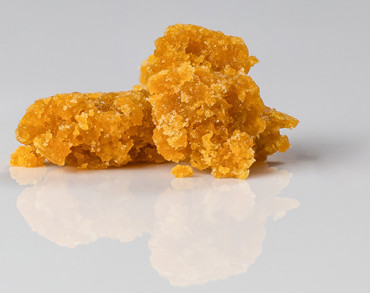

Dabbing is a growing trend in the US, especially in states where cannabis use is legal. We take a closer look at it, and answer some frequently asked questions.
Dabbing is a different way of using cannabis, and a dab refers to a small amount of cannabis solid waxy extract. It’s produced through a chemical process to extract the oils from cannabis, resulting in a sticky, resinous dab that contains high levels of tetrahydrocannabinol (THC).
Dabs are also known as earwax, wax, shatter, honeycomb, honey oil, or budder.
Stay safer by staying informed. Sign up to receive alerts and notifications about any dangerous drugs in NZ straight to your inbox. Check out the alerts page to see what we've already found.
Is dabbing safe?
Cannabis may have a reputation of being low risk, but it’s important to remember there’s no such thing as a ‘safe’ drug. There are a number of risks involved with dabbing. Because this process involves high concentrations of THC, dabbing can be more dangerous than other forms of cannabis use. There is really no comparison between dabbing and smoking joints.
While the consistency and strength can vary depending on how it was created, research suggests that dabs can have a THC concentration of 80% compared to the 3-10% of THC found in traditional cannabis head. This means the psychological effects of dabbing may be more severe, leading to a higher risk of psychosis, paranoia, disturbing hallucinations, or other effects associated with heavy cannabis use.
The overall experience is also different – with the effects coming on all at once, rather than building gradually over time. It’s easy to be caught off guard by how intense the effects are, and how quickly they come on.
Making oil is also a dangerous process, as it involves using a highly flammable and unstable liquid. This increases the risk of explosions and there have been reports internationally of fires that have started because of the THC extraction process.
Does dabbing have any negative side effects?
The negative side effects of dabbing can including:
- Rapid heartbeat
- Anxiety
- Blackouts
- Itching or crawling sensations on the skin
- Loss of consciousness
- Paranoia
- Hallucinations
Research is still being conducted on the long term effects as it’s possible that people who dab are also being exposed to harmful chemicals related to the production process. Also, in a recent study, over 80% of cannabis extract samples are contaminated with poisonous solvents and pesticides.
There is also concern that individuals might develop a tolerance more quickly when compared to standard cannabis use, because of the higher doses of THC contained in dabs. Some people also report more intense withdrawal symptoms.
Can dabbing lead to overdose?
While it may not lead to a fatal overdose, the high THC content means it’s still possible to use too much and have a very bad experience. If the THC levels are high enough, you can pass out almost immediately, which can lead to accidents and further injuries and even death, for example from falling and hitting your head.
If you think you or someone else is suffering from an overdose, call 111 immediately for an ambulance. St John’s has more helpful information on how to deal with an overdose in their first aid guide.
What’s the comedown like after dabbing?
It’s been reported the comedown from dabbing can be stronger than from other forms of cannabis use. The effects can include:
- Irritability
- Headache
- Anxiety
- Restlessness
- Depression
- Insomnia and fatigue
- Sweating, fever, and/or chills
- Changes in appetite
- Stomach pain
As always, the safest way to prevent problems from dabbing, or cannabis in general, is to not use it. However, the NZ Drug Foundation has more information available on cannabis to help keep you safe.
If you have any concerns about your own cannabis use, or that of a loved one, get in touch with the Alcohol Drug Helpline Call 0800 787 797, or text 8681, to speak with a trained counsellor – they’ll be able to provide you with helpful information, insight and support. They’re available 24/7, all calls are free and confidential. You can also chat with the team through their website.
Latest Articles

26 Apr 2024
Overdosing on opioids
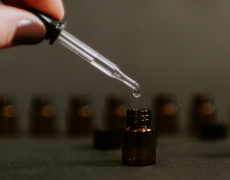
24 Apr 2024
Increased harm linked to the use of GBL-type substances in New Zealand
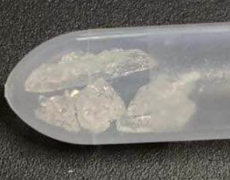
23 Apr 2024
Industrial chemicals sold as methamphetamine
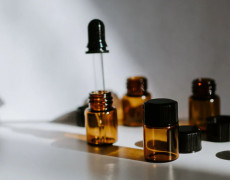
15 Apr 2024
Thinking of using GBL/GHB?
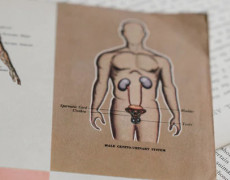
12 Apr 2024
Ketamine and bladder damage – know the risks
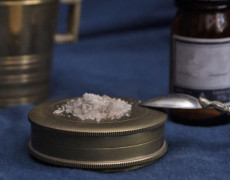
8 Mar 2024
Synthetic cathinones explained
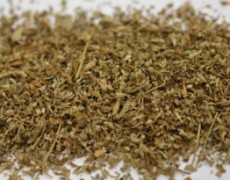
22 Feb 2024
What’s happening with synthetic cannabinoids?
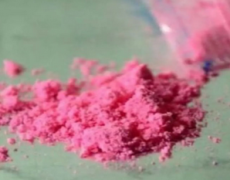
31 Jan 2024
What is tuci?
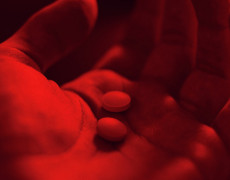
19 Jan 2024
Answering some common questions about MDMA

10 Jan 2024
Understanding the risks of the comedown
